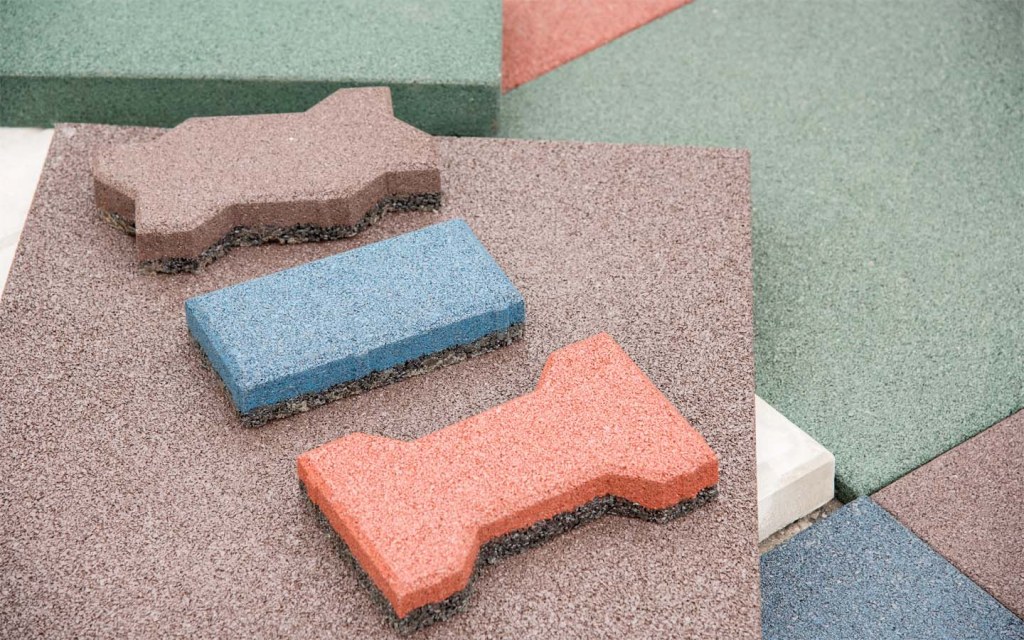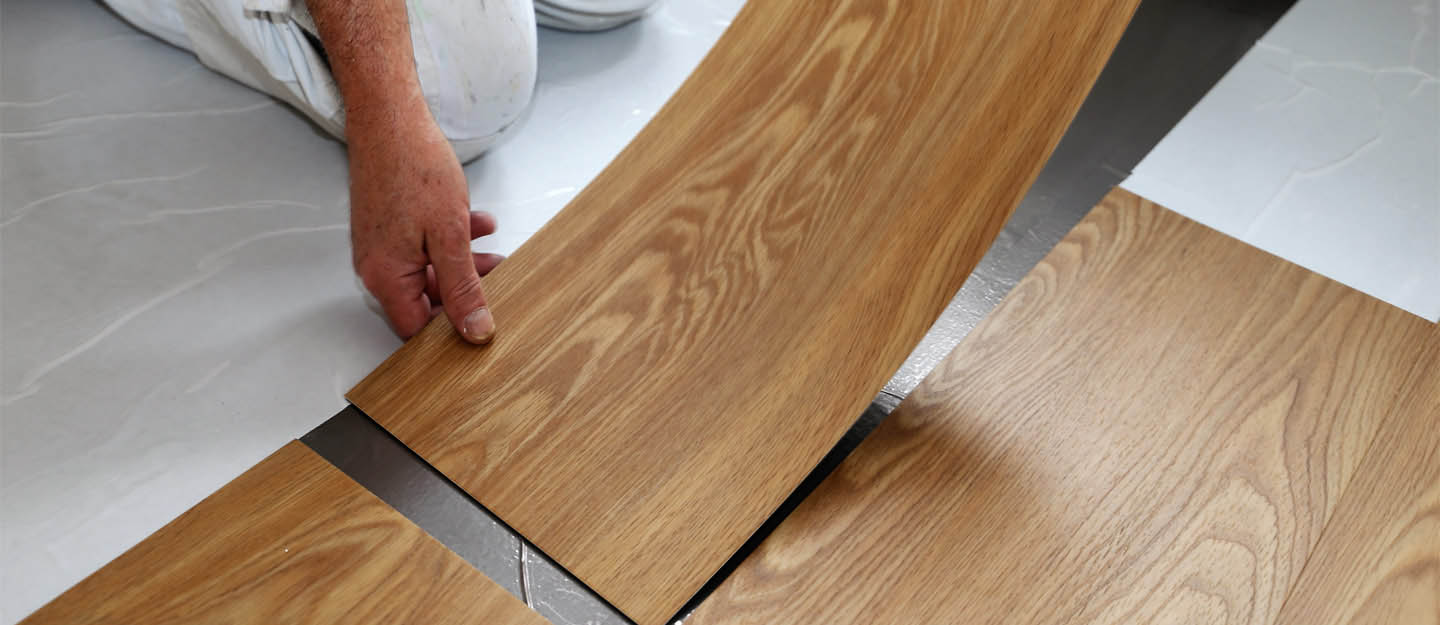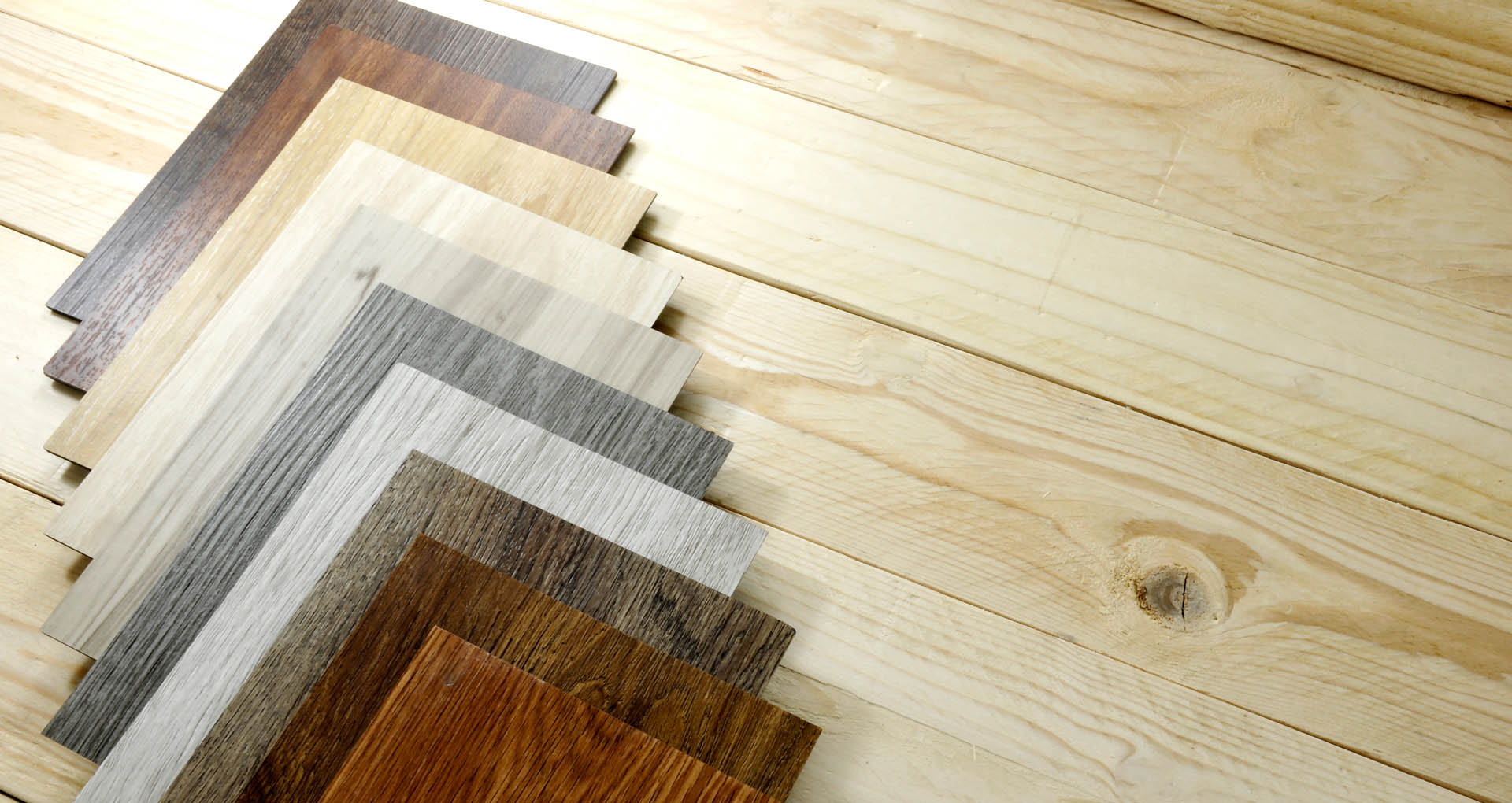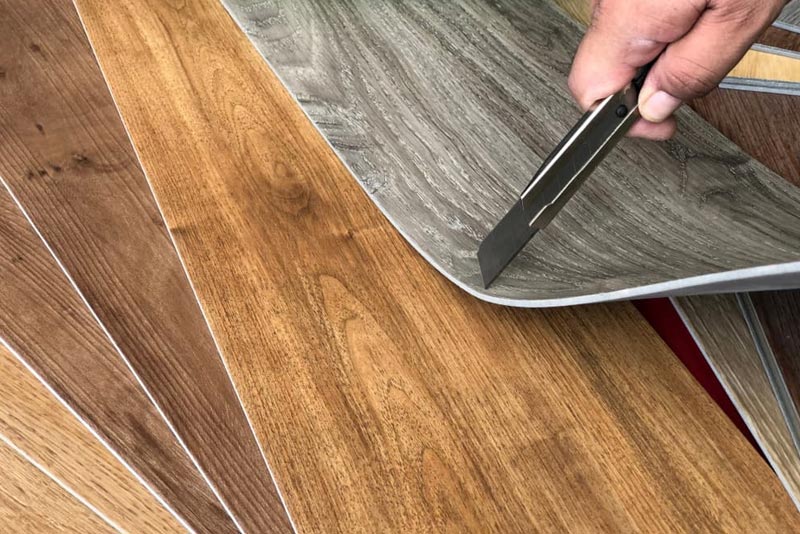Residential and commercial flooring serve distinct purposes, each with unique considerations based on the environment and functional requirements. In residential settings, flooring choices often prioritize comfort, aesthetics, and personal style. Common residential flooring options include hardwood, carpet, laminate, vinyl, and tile, catering to diverse design preferences and practical needs within homes.
On the other hand, commercial flooring is selected with a focus on durability, high traffic resistance, and ease of maintenance. Options like commercial-grade carpet, luxury vinyl tiles, or polished concrete are prevalent in commercial spaces, where longevity and resilience are essential. The choice of flooring in commercial settings also depends on factors such as the industry, foot traffic, and specific safety or hygiene requirements.
While residential flooring tends to emphasize individual preferences and comfort, commercial flooring prioritizes functionality and longevity to withstand the demands of various businesses and industries. Both residential and commercial flooring options offer a wide range of materials, styles, and customization possibilities to meet the specific needs of their respective environments.




Commercial flooring options are chosen for their durability, ease of maintenance, and suitability for high-traffic areas. Here are some common types of commercial flooring:
Vinyl Composition Tile (VCT): VCT is a cost-effective flooring option commonly used in commercial settings. It is durable, easy to maintain, and available in a variety of colors and patterns.
Luxury Vinyl Tile (LVT): LVT is a more advanced and visually appealing version of vinyl flooring. It replicates the look of natural materials like wood or stone and is known for its durability and water resistance.
Carpet Tiles: Modular carpet tiles offer flexibility in design and functionality. They are easy to install, replace, and maintain, making them a popular choice for commercial spaces.
Porcelain or Ceramic Tile: These tiles are durable, resistant to moisture, and come in various styles, making them suitable for high-traffic areas such as lobbies and corridors.
Rubber Flooring: Commonly used in healthcare facilities, gyms, and educational institutions, rubber flooring is slip-resistant, durable, and provides comfort underfoot.
Choosing the right commercial flooring involves considering factors such as the type of business, foot traffic, maintenance requirements, and design preferences. Each flooring type offers specific benefits tailored to the demands of commercial environments

Residential flooring options cater to a variety of preferences, styles, and functional needs within homes. Here are some common types of residential flooring:
Hardwood Flooring: Hardwood floors provide a timeless and elegant look, offering warmth and character to various rooms in a home. Available in different wood species and finishes, hardwood is durable and can be refinished to maintain its appearance.
Carpet Flooring: Carpeting is a versatile and comfortable option for bedrooms, living rooms, and other areas where warmth and noise reduction are desired. It comes in various styles, colors, and textures, allowing for creative customization.
Laminate Flooring: Laminate is an affordable and durable alternative to hardwood. It mimics the appearance of wood or other materials and is easy to install, making it a popular choice for DIY projects.
Vinyl Flooring: Vinyl flooring, including luxury vinyl planks and tiles, is known for its versatility and resilience. It offers a wide range of design options, is water-resistant, and provides a durable surface for areas with high foot traffic.
Tile Flooring: Ceramic and porcelain tiles are commonly used in kitchens, bathrooms, and entryways. They are durable, moisture-resistant, and come in various sizes and styles, allowing for creative floor designs.
The choice of residential flooring depends on factors such as personal style, lifestyle, budget, and the specific requirements of each room. Combining different flooring types within a home can create a dynamic and visually appealing overall design.

Powered by Updogweb